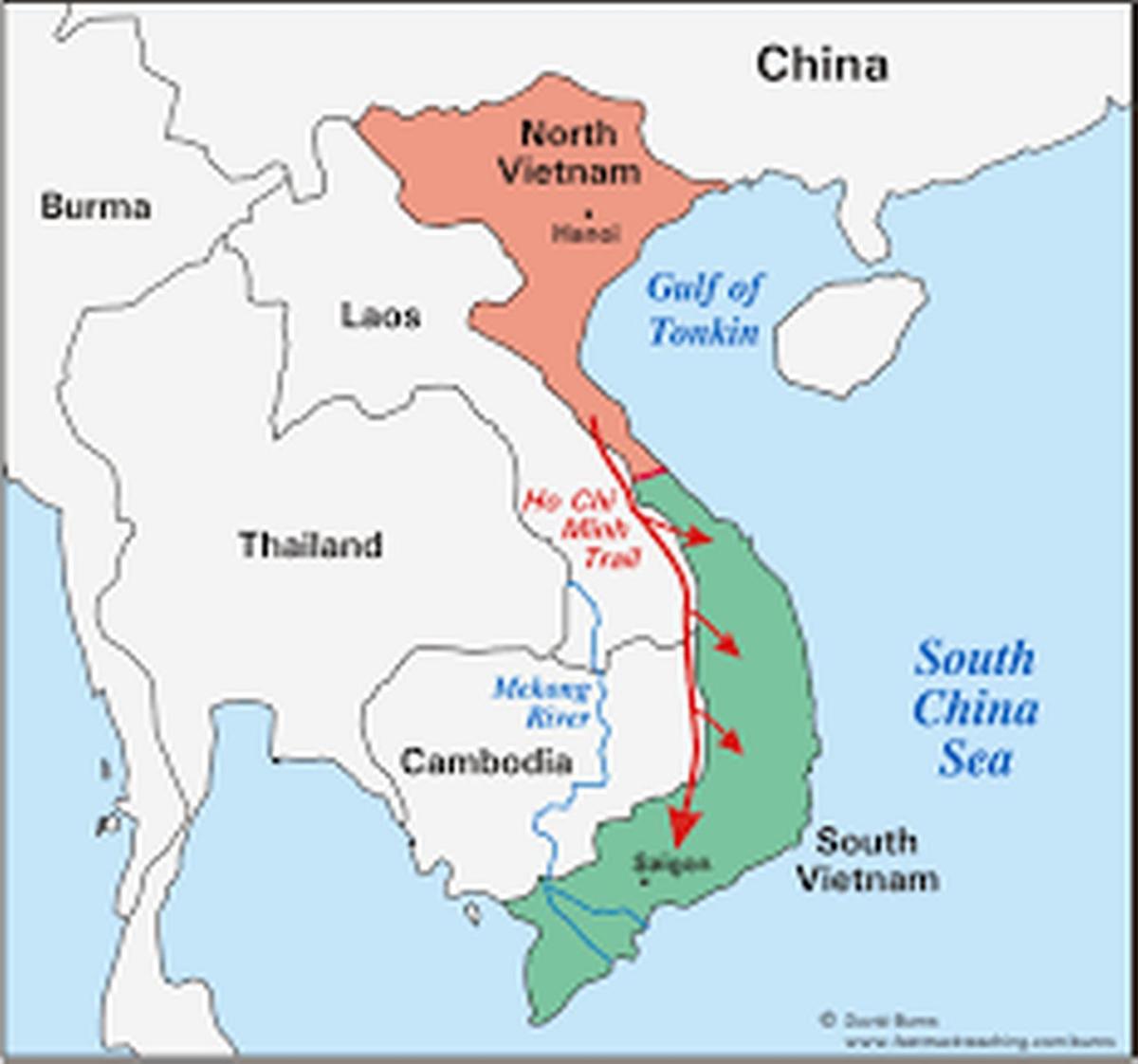The True Cost of The Iraq War

Beyond Dollars and Cents
When the Bush administration decided that it was necessary to go to war with Iraq, they presumed that several things would happen: a) victory would be swift (in the initial conflict it was but the insurgency dragged on for years and continues to this day) b) we would be treated as liberators and as such would gain the help of Iraqi citizens c) oil revenues would pay for the cost of rebuilding the country. Unfortunately, none of these presumptions materialized and the results are staggering.
The true cost of the Iraq War cannot be measured in dollars and cents but in lives lost, families forever changed, a devastated economy, a tarnished American image and a weakened military.
The failed outcomes of this war have caused a domino effect which is being felt in all areas of American society even now.

The Economy
There should be no doubt in anyone's mind that the Iraq War had an enormous effect on America's economy which in turn created ripple effects throughout the global economy. The defense spending of the war literally sucked the life out of America's ability to support itself.
Each year America borrowed and continues to borrow billions of dollars from countries around the world like China in order to sustain it's economy and keep it afloat.
The infrastructure of America is in dire need of repair but with America still trillions of dollars in debt it is very difficult to allocate funds to this part of the federal budget.
With roads and bridges collapsing across the country it points out how dangerously frail our roads are yet there is little room in the government's pocketbook to address the issue.
The Iraq War caused destabilization of the Middle East region (America's major petroleum supplier) and the fear of disruption of oil supplies drove the price of crude oil up, eventually exceeding $100 a barrel in 2008 and we are still feeling the effects of it.
With Americans paying more for energy less money was being circulated in other areas of the economy. As a result the housing industry began to slow down as well as the auto industry with both eventually bottoming out.
With two major markets collapsing the economy came to a crawl which wreaked havoc on the retail industry.
Decreasing business forced many employers to cut costs which meant laying off employees. This further reduced spending and the economy started showing signs of total collapse.
All of these problems have links to the Iraq War.
Car Bombing In Iraq

Lives Lost
At least 4,500 American soldiers lost their lives in the Iraq War and the death toll for Iraq's citizens is in the tens of thousands. Loss of life in any war is tragic but the revelation by former Vice President Dick Cheney that he did not think Iraq had any connection to 9/11 makes the losses more tragic.
Though the number of American casualties pales in comparison to other wars that America has been involved in, the loss is significant for a conflict that was predicted to have a minimal number of deaths.
Iraqi civilians suffered the most in the conflict. Death tolls have ranged from a conservative estimate of 100,000 to well over 600,000. No matter what the true number is, the devastating effect of the Iraq War on the Iraqi population was and still is horrifying.
The Iraqi people were traumatized by the conflict and their lives have been changed forever.

America's Image
In 2003 when members of the Bush adinistration petitioned the United Nations to invade Iraq, America was enjoying a wave of support from around the world that it hadn't seen since World War ii. When the U.N. denied their request, the Bush cabinet based on fabricated intelligence started making plans to invade the country.
On March 20, 2003 a hastily assembled "coalition of allies" which included Great Britain invaded Iraq and the rest is history.
The invasion of Iraq and the removal of Saddam Hussein from power was denounced by many of America's allies. French President Jacques Chiroc was particularly critical of George Bush. Nonetheless, "Operation Shock and Awe" went on as planned.
In the years that have followed the opposition to America's military action against Iraq increased with time bringing many to declare it illegal and even criminal. America's image was tarnished and it's support around the globe literally disappeared.
To this day America is still a country with a large stain on it's name.
American Soldiers Being Deployed

A Weakened Military
Even before America engaged in the Iraq ar it's military was stretched dangerously thin and engaging in a second conflict simultaneously with Afghanistan stretched it to the breaking point.
Following then Secretary of Defense Donald Rumsfeld's military philosophy of a streamlined fighting force, American troop levels were dangerously low. The Iraq War depleted them even more putting America in the perilous position of not being able to defend itself if another major conflict had broken out.
Multiple deployments resulted from not having adequate troop levels which put additional strain on the fighting forces causing many to commit suicide and others to refuse to return to action.
Throughout it's history, one of America's greatest assets has been it's military strength. That strength was weakened dramatically by a war that America shouldn't have fought in the first place.







